Enhance number recognition Worksheets for 8-Year-Olds
18 filtered results
-
From - To
Boost your child's number recognition skills with our engaging worksheets designed specifically for 8-year-olds! Our extensive collection of interactive activities helps young learners identify, read, and write numbers with ease. Each worksheet combines fun graphics, age-appropriate challenges, and varied formats to keep your child motivated and excited about learning. From matching numbers to counting exercises, these worksheets not only enhance cognitive development but also build confidence in mathematical skills. Perfect for home practice or classroom use, our number recognition worksheets offer a comprehensive approach to learning that will prepare your child for future math success. Start your journey today!
Enhancing number recognition in 8-year-olds is crucial for numerous reasons, and both parents and teachers should prioritize it. First, number recognition is foundational to a child's overall mathematical understanding. At this age, children move beyond basic counting to concepts like addition, subtraction, and more complex operations. Solidifying their number recognition skills aids in the comprehension of these fundamental math principles.
Additionally, strong number recognition supports problem-solving and critical thinking skills, as children learn to identify patterns, sequence numbers, and apply their knowledge in real-world situations. This cognitive development is vital for building self-confidence in math, an area that many children find challenging.
Moreover, early mathematics skills have long-term educational implications. Research shows that children who struggle with number recognition in early grades may face difficulties in later academic performance, especially in math-related subjects. Encouraging proficiency at this age can set the stage for future success.
Lastly, number recognition fosters a positive attitude towards learning. When children become fluent in recognizing numbers, they are more likely to engage with and enjoy math, making it an essential focus for parents and educators alike. Supporting these skills thus lays the groundwork for a lifelong appreciation of mathematics and learning overall.




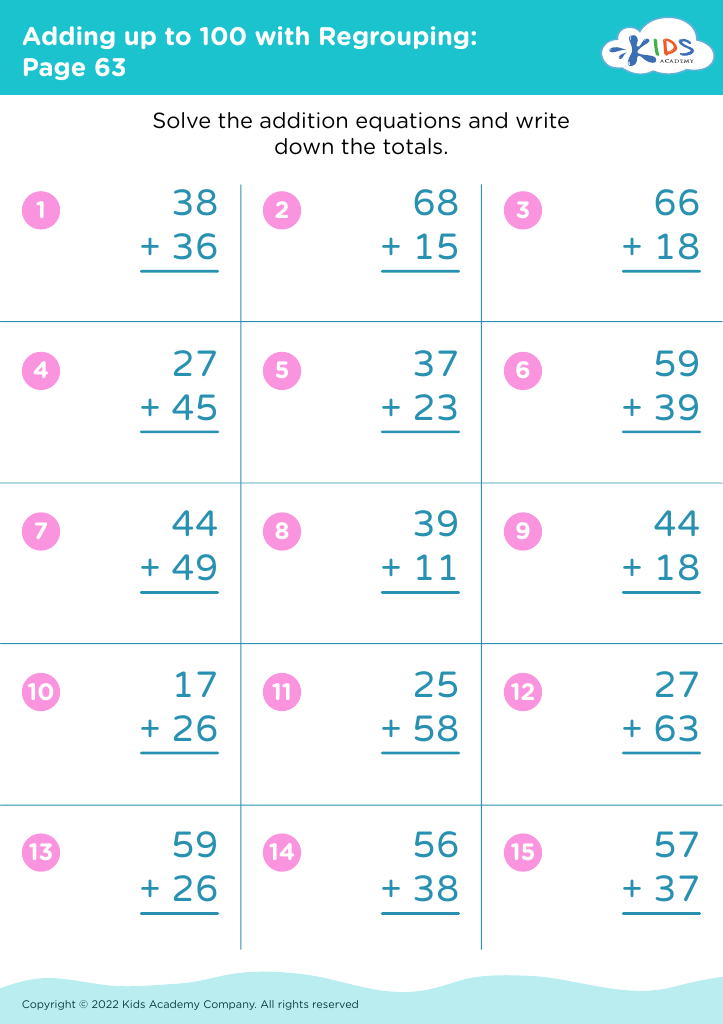

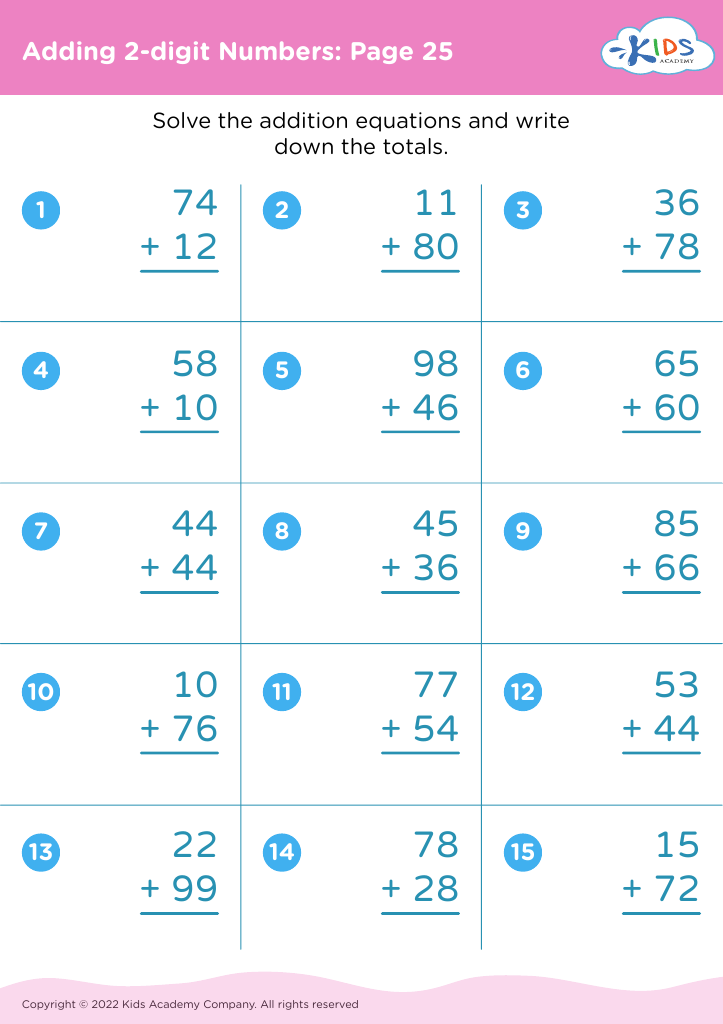



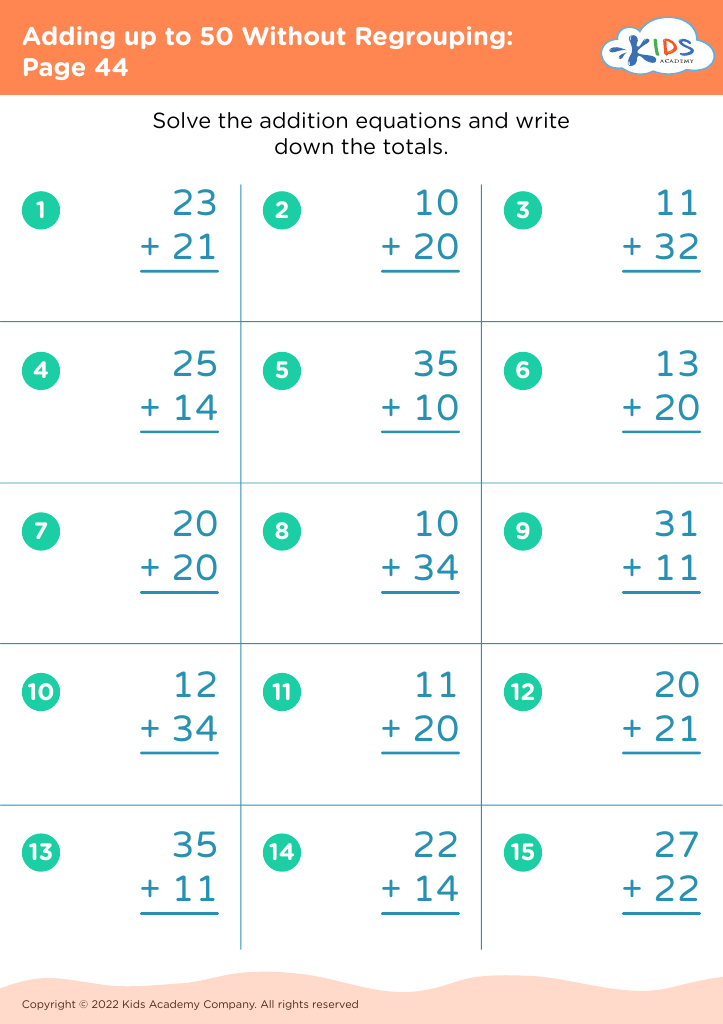
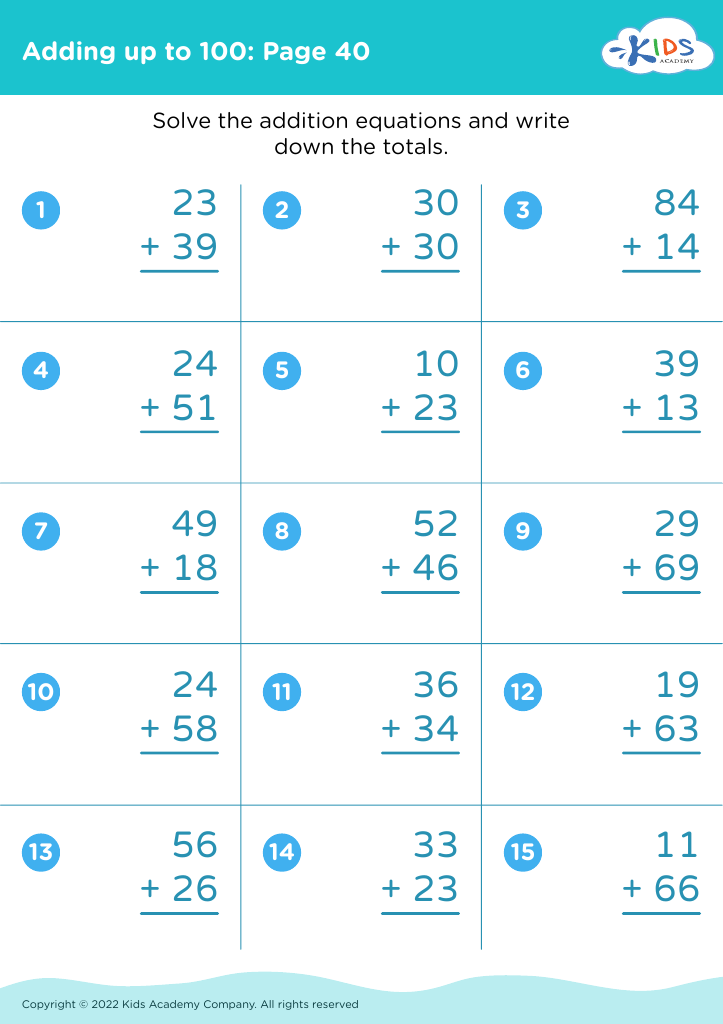
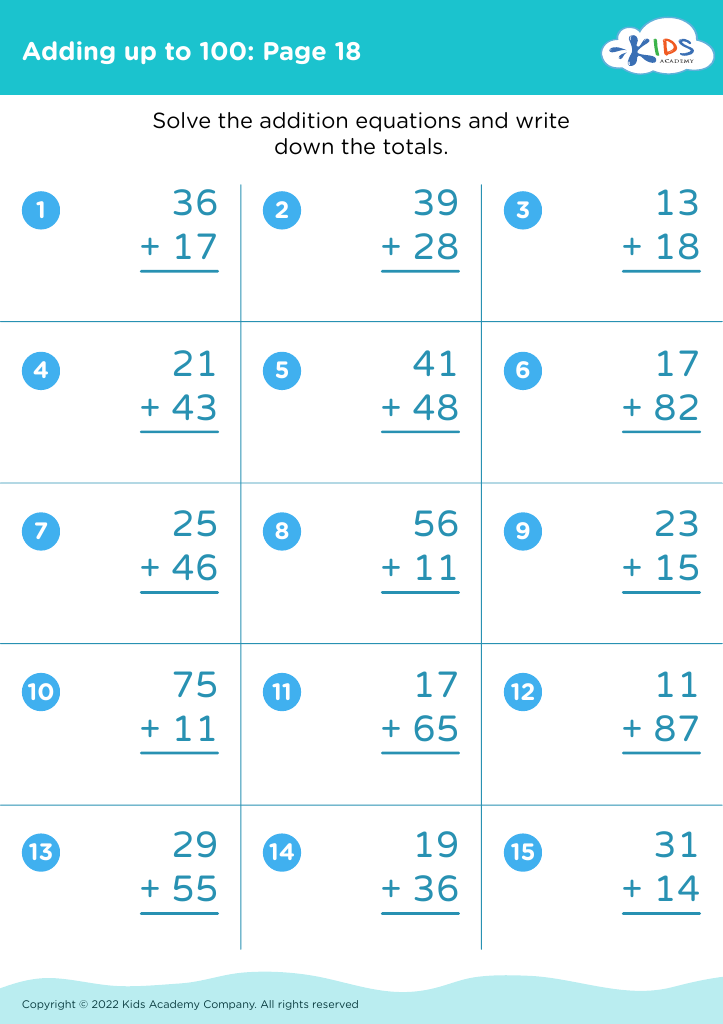












.jpg)














